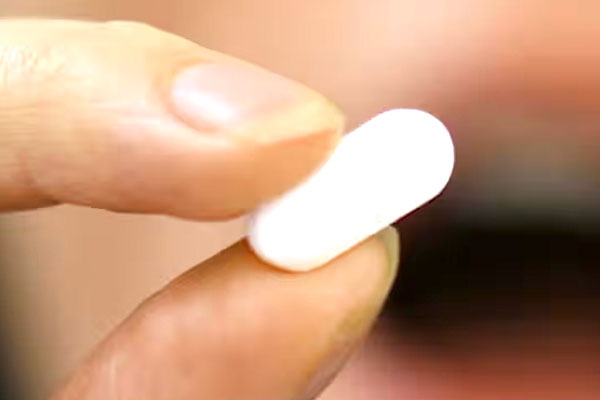USEFUL INFORMATION –
June 8, 2024 – I have been prescribing antidepressants since 1991. Like most medications, they are imperfect tools: they have side-effects and don’t work for everybody. Some patients report negative effects, or that their depression does not improve, and they may require changing to a different antidepressant.
Very rarely, in my clinical practice, do patients complain that they cannot stop their medication because of the symptoms when they try. Unpleasant physical or emotional experiences for a few days or a couple of weeks after stopping antidepressants, yes: dizziness, headache, nausea, insomnia, irritability, vivid dreams, electricity-like sensations or rapid mood swings. But patients who could not stop the antidepressant because of these symptoms? In my 33 years of clinical practice, I can recall them on the fingers of one hand.
This is why I have been sceptical – along with what I believe to be most psychiatrists, psychiatry organisations and clinical guidelines – about claims in some scientific papers and the media, that “millions of people are addicted to antidepressants”.
“Addiction” means that users crave the substance and cannot stop taking it compulsively, as with opioids or street drugs.



